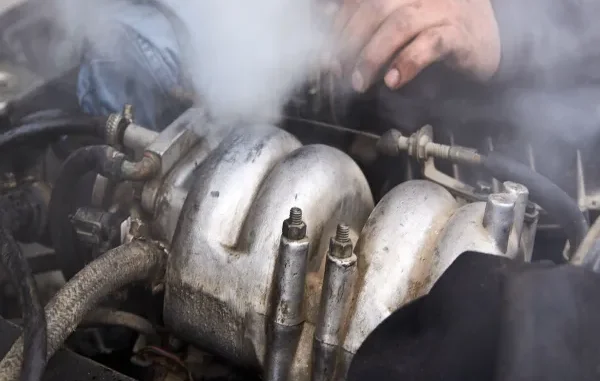
Many car owners underestimate the seriousness of the problems that arise when the exhaust gas cleaning system malfunctions. The problem begins unnoticed: a slight drop in power, an increase in fuel consumption. However, the consequences of ignoring these symptoms can lead to a major overhaul of the engine.
If you find problems with the converter, do not rush to send it to the scrap yard. Find out about the possibilities of catalytic converter recycling on the Autocatalyst website – this will help to compensate for part of the repair costs, because the device contains valuable metals that can be recycled.
Chain reaction of destruction
A clogged cleaning system creates excess pressure in the gas distribution system. This leads to disruption of the entire engine. Gases cannot freely leave the combustion chamber, which causes a number of serious consequences for various components and assemblies. The pressure of the exhaust gases can reach critical values, creating an additional load on all components of the power unit. The most vulnerable parts and components:
- Engine valves are subject to increased thermal load.
- Piston rings wear out faster due to increased pressure.
- The oil system becomes contaminated with incomplete combustion products.
- Oxygen sensors fail due to overheating.
- The cylinder head gasket may not withstand excess pressure.
- The turbine is subject to critical loads when gases are difficult to exit.
A faulty neutralizer can disable these components within several thousand kilometers. It is especially dangerous to operate a car with a clogged cleaning system in hot weather, when the engine temperature is already high.
Problem diagnostics
You can determine the onset of converter destruction by several signs. The first signal is usually a decrease in the dynamics of the car. Then there is increased fuel consumption and unstable engine operation at idle. If these symptoms are ignored, more serious problems begin to appear – extraneous noise, vibration, the smell of hydrogen sulfide. It is important to note that modern cars are equipped with a self-diagnostic system that can warn you in advance of problems with the neutralization system.
Prevention methods
To avoid costly repairs, it is important to service your car in a timely manner. Regular diagnostics will help identify problems at an early stage. Using high-quality fuel and observing operating modes significantly extend the service life of the neutralization system. Experts recommend periodically driving at high engine speeds – this helps clean the system of accumulated contaminants.
Particular attention should be paid to the condition of the oil system. Increased oil consumption leads to rapid contamination of the converter and loss of its efficiency. It is also important to monitor the operation of the ignition system – misfires of the fuel mixture have an extremely negative effect on the condition of the neutralizer. Regularly checking the compression in the cylinders will help to promptly detect wear on the piston rings and prevent oil from entering the cleaning system.
When the first signs of a malfunction appear, do not delay repairs. The cost of replacing the cleaning system is much lower than repairing an engine damaged as a result of working with a faulty converter. Timely diagnostics and proper maintenance will help avoid serious problems and keep your car in good condition.
Leave a Reply